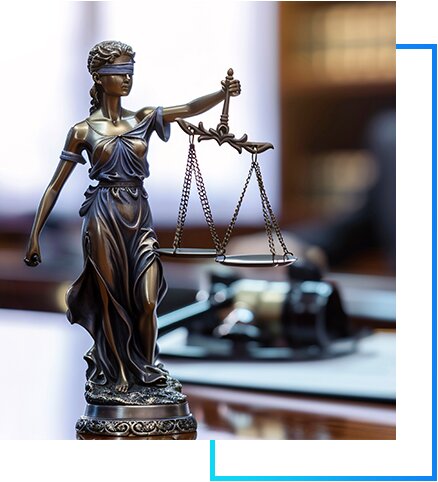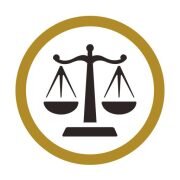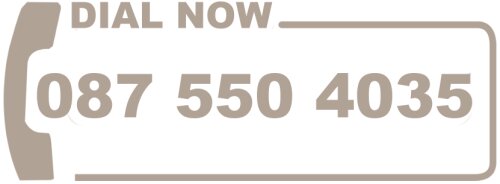Best Toxic Mold Lawyers in Durban
Share your needs with us, get contacted by law firms.
Free. Takes 2 min.
List of the best lawyers in Durban, South Africa
About Toxic Mold Law in Durban, South Africa:
Toxic mold is a common issue in Durban, South Africa, due to the warm and humid climate which creates ideal conditions for mold growth. Mold can pose serious health risks and property damage if not properly addressed. In Durban, residents may face legal challenges when dealing with toxic mold issues, such as landlord-tenant disputes, property damage claims, and health-related concerns.
Why You May Need a Lawyer:
You may need a lawyer to help you navigate the legal complexities of toxic mold issues in Durban. Some common situations where legal assistance may be necessary include disputes with landlords over mold remediation, filing insurance claims for mold-related damages, and seeking compensation for health issues caused by toxic mold exposure.
Local Laws Overview:
In Durban, the laws related to toxic mold are primarily governed by the Rental Housing Act and the Occupational Health and Safety Act. These laws outline the responsibilities of landlords and employers in ensuring safe and healthy living and working environments. Additionally, the Consumer Protection Act provides avenues for consumers to seek redress for damages caused by toxic mold exposure.
Frequently Asked Questions:
Q: Is my landlord responsible for addressing mold issues in my rental property?
A: Yes, landlords are legally obligated to maintain rental properties in a habitable condition, which includes addressing mold issues.
Q: Can I sue my landlord for damages caused by toxic mold exposure?
A: Yes, you may have grounds to sue your landlord for damages resulting from toxic mold exposure if they failed to address the issue promptly.
Q: How can I prove that my health issues are linked to toxic mold exposure?
A: Consult a medical professional who can conduct tests to determine if your health issues are related to toxic mold exposure.
Q: What should I do if I suspect mold growth in my home?
A: Notify your landlord immediately and request a professional mold inspection to assess the extent of the problem.
Q: Can I be evicted for reporting mold issues to my landlord?
A: No, landlords are prohibited from retaliating against tenants who report mold issues in good faith.
Q: Are there any government agencies in Durban that can assist with mold-related disputes?
A: The Rental Housing Tribunal and the Department of Labour can provide assistance with mold-related disputes in Durban.
Q: How long do I have to file a legal claim for mold-related damages?
A: The time limit for filing a legal claim for mold-related damages may vary, so it's best to consult with a lawyer promptly.
Q: Can I claim compensation for mold-related health issues from my employer?
A: Yes, under the Occupational Health and Safety Act, employers are responsible for providing a safe work environment free from hazards such as toxic mold.
Q: What evidence should I gather to support my mold-related legal claim?
A: Keep records of any communications with your landlord, photos of the mold growth, medical reports linking health issues to mold exposure, and documentation of any expenses incurred due to mold damage.
Q: How much does it cost to hire a lawyer for a mold-related legal issue?
A: The cost of hiring a lawyer for a mold-related legal issue may vary depending on the complexity of the case. Some lawyers offer free consultations and work on a contingency fee basis.
Additional Resources:
For more information and assistance with toxic mold issues in Durban, you can contact the Rental Housing Tribunal, Department of Labour, South African Human Rights Commission, and Legal Aid South Africa.
Next Steps:
If you are facing legal challenges related to toxic mold in Durban, it is advisable to consult with a qualified lawyer who specializes in this area of law. They can provide guidance on your rights, options for legal recourse, and help you navigate the legal process to protect your interests.
Lawzana helps you find the best lawyers and law firms in Durban through a curated and pre-screened list of qualified legal professionals. Our platform offers rankings and detailed profiles of attorneys and law firms, allowing you to compare based on practice areas, including Toxic Mold, experience, and client feedback.
Each profile includes a description of the firm's areas of practice, client reviews, team members and partners, year of establishment, spoken languages, office locations, contact information, social media presence, and any published articles or resources. Most firms on our platform speak English and are experienced in both local and international legal matters.
Get a quote from top-rated law firms in Durban, South Africa — quickly, securely, and without unnecessary hassle.
Disclaimer:
The information provided on this page is for general informational purposes only and does not constitute legal advice. While we strive to ensure the accuracy and relevance of the content, legal information may change over time, and interpretations of the law can vary. You should always consult with a qualified legal professional for advice specific to your situation.
We disclaim all liability for actions taken or not taken based on the content of this page. If you believe any information is incorrect or outdated, please contact us, and we will review and update it where appropriate.

















